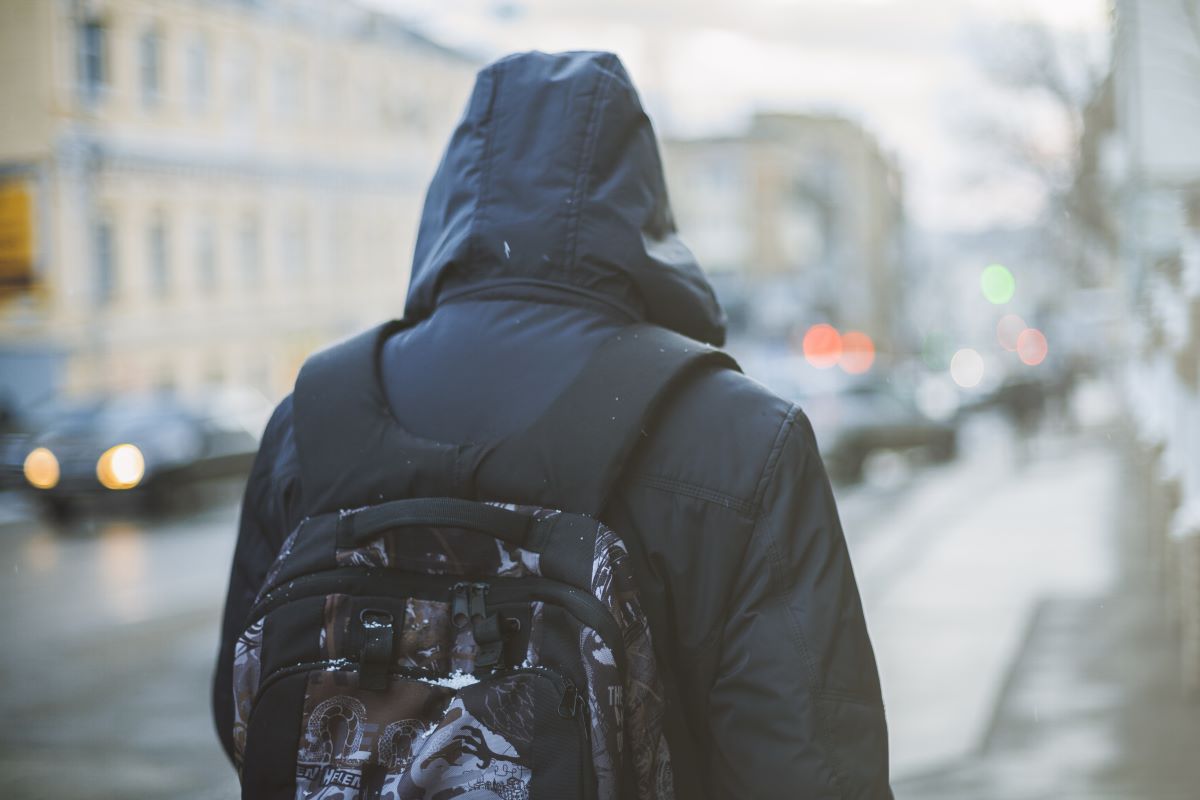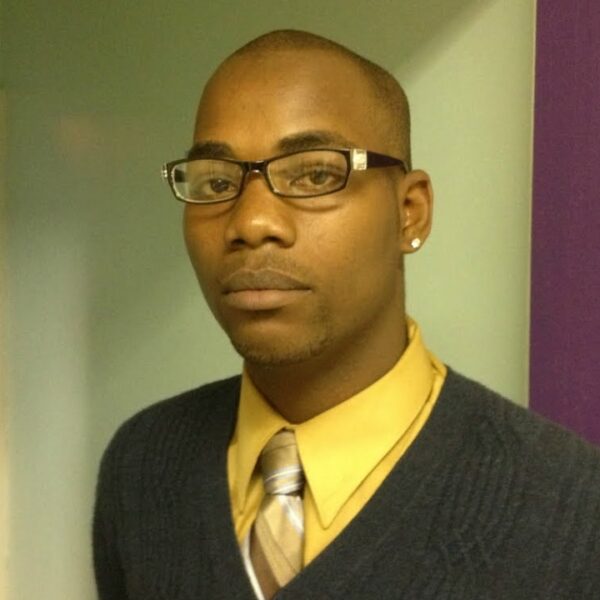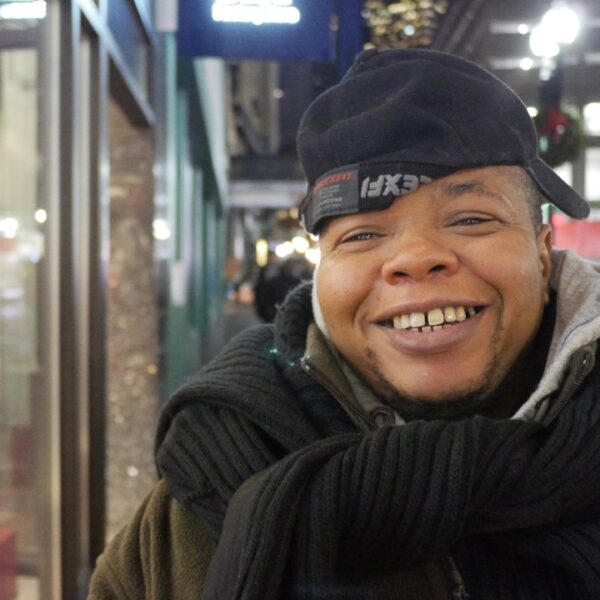Transgender and nonbinary homeless folks in Denver say they face significant barriers to affordable housing like systemic discrimination, a lack of gender-affirming care, and few inclusive housing options, according to a new survey.
The University of Colorado Denver’s School of Public Affairs and local advocacy group Housekeys Action Network Denver conducted the survey. It includes testimonies from nine unhoused Denver people who identify as transgender or nonbinary.
The survey also sheds light on some factors that cause transgender and nonbinary folks to be disproportionately represented in local homelessness counts, both in Denver and elsewhere.
According to data from the National Alliance to End Homelessness, transgender or nonbinary people account for up to 40% of the nation’s homeless despite making up just 5% of the total population. In Denver, transgender and nonbinary people make up about 1.1% of the local homeless population, according to the latest snapshot count.
“Discrimination in employment, healthcare, academia, and policies disproportionately impacts underrepresented and oppressed communities such as transgender and non-binary individuals, particularly those that identify as Black, Indigenous, and People of Color,” the report concluded.
“Addressing these systemic issues requires a multifaceted approach that includes policy changes, increased funding for affordable housing, and efforts to combat discrimination and promote inclusion.”
Discrimination against transgender and nonbinary folks isn’t new, but it has become more vitriolic recently.
Several Republican-led states have introduced legislation to curtail healthcare options, including gender-affirming care, for transgender individuals. Meanwhile, local news reports from cities across the country suggest that rates of violent crimes against homeless people are increasing. Unhoused transgender and nonbinary folks have higher rates of victimization compared to their housed counterparts, according to The Trevor Project.
The abuse has also targeted unhoused transgender and nonbinary youths.
In Washington state, about 100 people protested a bill that allows organizations providing services to provide gender-affirming care to unsheltered youth. Crosscut reported in May that several protesters said the bill violated parents’ rights and brought signs that read “Boys aren’t girls.”
Transgender and nonbinary people also face higher rates of mental health challenges because of their stigmatized identities. It is also one reason transgender and nonbinary people face disproportionate rates of housing discrimination and are turned away from shelters more frequently than other groups of homeless people, according to the National Alliance to End Homelessness.
Local issues also prevent homeless transgender and nonbinary people from accessing shelters. The Denver survey found that case management and sheltering were two of the most significant factors that this group faced in Denver.
The city has just two service organizations that cater to transgender and nonbinary people: The Delores Project and The Gathering Place. The Delores Project can serve 50 guests, while The Gathering Place offers day shelter services. For comparison, the latest point-in-time count found 150 homeless people in Denver who identified as LGBTQ+.
The survey also found that every interviewee did not receive housing assistance or case management for reasons such as not being assigned while at a shelter or their case managers didn’t address their housing needs. One interviewee said that age was also a barrier when they contacted a case manager at just 14 years old and didn’t receive services.
Urban Peak, which is Denver’s homeless youth shelter, says on its website that it serves people between the ages of 15 and 24.
“Trans and non-binary people are discriminated against nationwide, with housing and also all systemic barriers as well,” said Hana Fageeh, a graduate student who published the study as a capstone project for UC Denver. “There’s just a lack of equitable treatment in our society whether it’s on an individual level or a systemic level.”
How You Can Help
Now is not the time to be silent about homelessness. Unhoused people deserve safe and sanitary housing just as much as those who can afford rent or mortgage.
Poverty and homelessness are both policy choices, not personal failures. That’s why we need you to contact your officials and tell them you support legislation that:
- Streamlines the development of affordable housing
- Reduces barriers for people experiencing homelessness to enter permanent housing
- Bolsters government response to homelessness
Together, we can end homelessness.













